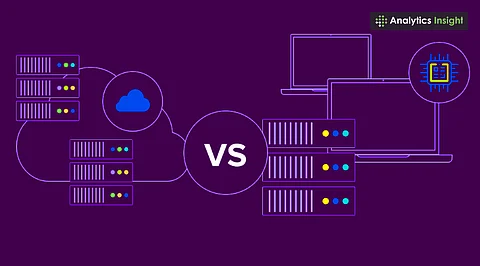As businesses prepare for a dynamic landscape in 2025, the decision between cloud and local hosting has become increasingly significant. Both hosting options present distinct advantages and limitations, impacting operational efficiency, security, and long-term growth potential. Understanding these differences is crucial for businesses aiming to enhance their digital infrastructure.
Cloud Hosting: Flexibility and Scalability
Cloud hosting operates by distributing data across multiple servers managed by service providers such as AWS, Google Cloud, and Microsoft Azure. This model allows companies to easily scale resources as needed without the hassle of purchasing additional hardware. Businesses can access their data from virtually anywhere, which is particularly beneficial for remote teams and organizations that require flexibility in their operations.
Some key advantages of cloud hosting include:
- Rapid scalability to meet changing demands.
- Cost-effective pricing where users pay only for what they consume.
- Automatic backups, ensuring data security and recovery.
Cloud hosting’s inherent flexibility makes it particularly appealing for startups or companies experiencing seasonal demand fluctuations. However, businesses must remain aware of potential cost increases as usage grows, which can lead to unforeseen expenses.
Local Hosting: Control and Security
Conversely, local hosting involves storing data on physical servers located within a company’s premises. This option appeals to organizations seeking greater control over their data and security measures. Companies in sensitive sectors, such as banking and finance, often prefer local hosting due to the ability to manage their own security protocols and minimize risks associated with third-party providers.
Benefits of local hosting include:
- Direct control over server management and security.
- Faster access for employees working within the office network.
- Independence from external service providers.
While the initial investment for local hosting can be substantial—requiring the purchase of equipment and hiring IT personnel—monthly costs tend to stabilize over time. For businesses prepared for these upfront expenses, local hosting can prove more cost-effective in the long run.
Making the Right Choice
The decision between cloud and local hosting ultimately hinges on a company’s unique requirements, budget, and future growth plans. Cloud hosting typically offers enhanced scalability and ease of access, making it an ideal option for businesses anticipating rapid growth or those operating in a multi-location environment. On the other hand, local hosting provides a higher level of control and security, especially critical for businesses handling sensitive information.
As companies consider their hosting options, many find value in a hybrid approach that combines both cloud and local solutions. This strategy allows businesses to leverage the advantages of each model, maximizing efficiency and security.
Regardless of the path chosen, establishing a reliable hosting solution remains essential for smooth operations in the digital era. Businesses that assess their specific needs, budget constraints, and future objectives will be better positioned to make informed decisions that foster long-term success.






































































